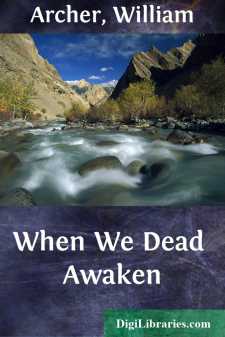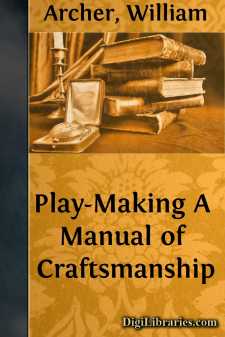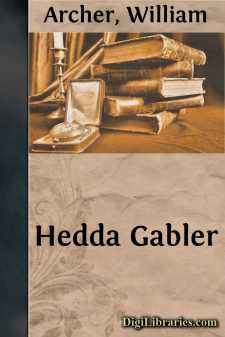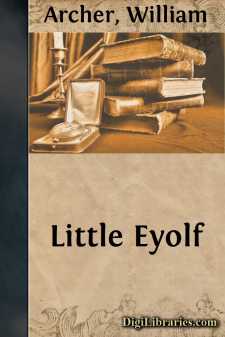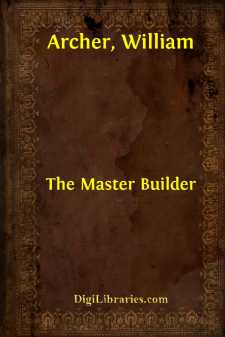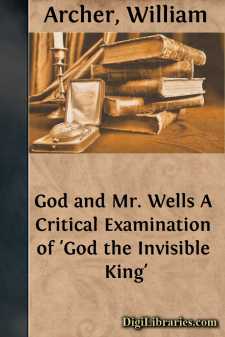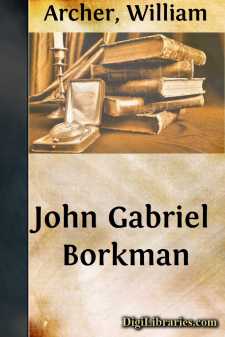Categories
- Antiques & Collectibles 13
- Architecture 36
- Art 48
- Bibles 22
- Biography & Autobiography 814
- Body, Mind & Spirit 145
- Business & Economics 28
- Children's Books 17
- Children's Fiction 14
- Computers 4
- Cooking 94
- Crafts & Hobbies 4
- Drama 346
- Education 56
- Family & Relationships 59
- Fiction 11833
- Foreign Language Study 3
- Games 19
- Gardening 17
- Health & Fitness 34
- History 1378
- House & Home 1
- Humor 147
- Juvenile Fiction 1873
- Juvenile Nonfiction 202
- Language Arts & Disciplines 89
- Law 16
- Literary Collections 686
- Literary Criticism 179
- Mathematics 13
- Medical 41
- Music 40
- Nature 179
- Non-Classifiable 1768
- Performing Arts 7
- Periodicals 1453
- Philosophy 66
- Photography 2
- Poetry 897
- Political Science 203
- Psychology 45
- Reference 154
- Religion 516
- Science 126
- Self-Help 85
- Social Science 82
- Sports & Recreation 34
- Study Aids 3
- Technology & Engineering 59
- Transportation 23
- Travel 463
- True Crime 29
Our website is made possible by displaying online advertisements to our visitors.
Please consider supporting us by disabling your ad blocker.
When We Dead Awaken
by: William Archer
Description:
Excerpt
INTRODUCTION.
From Pillars of Society to John Gabriel Borkman, Ibsen's plays had followed each other at regular intervals of two years, save when his indignation over the abuse heaped upon Ghosts reduced to a single year the interval between that play and An Enemy of the People. John Gabriel Borkman having appeared in 1896, its successor was expected in 1898; but Christmas came and brought no rumour of a new play. In a man now over seventy, this breach of a long-established habit seemed ominous. The new National Theatre in Christiania was opened in September of the following year; and when I then met Ibsen (for the last time) he told me that he was actually at work on a new play, which he thought of calling a "Dramatic Epilogue." "He wrote When We Dead Awaken," says Dr. Elias, "with such labour and such passionate agitation, so spasmodically and so feverishly, that those around him were almost alarmed. He must get on with it, he must get on! He seemed to hear the beating of dark pinions over his head. He seemed to feel the grim Visitant, who had accompanied Alfred Allmers on the mountain paths, already standing behind him with uplifted hand. His relatives are firmly convinced that he knew quite clearly that this would be his last play, that he was to write no more. And soon the blow fell."
When We Dead Awaken was published very shortly before Christmas 1899. He had still a year of comparative health before him. We find him in March 1900, writing to Count Prozor: "I cannot say yet whether or not I shall write another drama; but if I continue to retain the vigour of body and mind which I at present enjoy, I do not imagine that I shall be able to keep permanently away from the old battlefields. However, if I were to make my appearance again, it would be with new weapons and in new armour." Was he hinting at the desire, which he had long ago confessed to Professor Herford, that his last work should be a drama in verse? Whatever his dream, it was not to be realised. His last letter (defending his attitude of philosophic impartiality with regard to the South African war) is dated December 9, 1900. With the dawn of the new century, the curtain descended upon the mind of the great dramatic poet of the age which had passed away.
When We Dead Awaken was acted during 1900 at most of the leading theatres in Scandinavia and Germany. In some German cities (notably in Frankfort on Main) it even attained a considerable number of representatives. I cannot learn, however, that it has anywhere held the stage. It was produced in London, by the State Society, at the Imperial Theatre, on January 25 and 26, 1903. Mr. G. S. Titheradge played Rubek, Miss Henrietta Watson Irene, Miss Mabel Hackney Maia, and Mr. Laurence Irving Ulfheim. I find no record of any American performance.
In the above-mentioned letter to Count Prozor, Ibsen confirmed that critic's conjecture that "the series which ends with the Epilogue really began with The Master Builder." As the last confession, so to speak, of a great artist, the Epilogue will always be read with interest....


